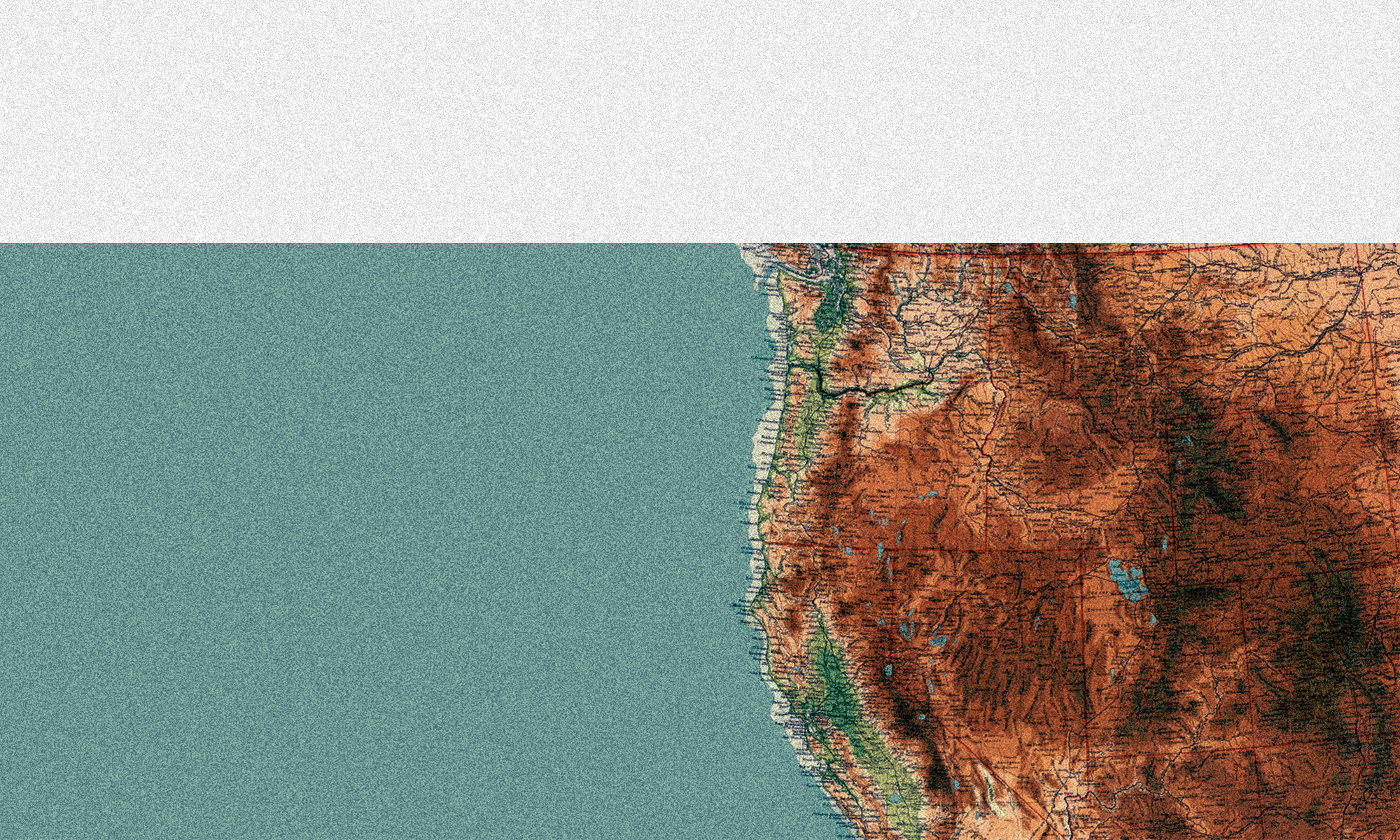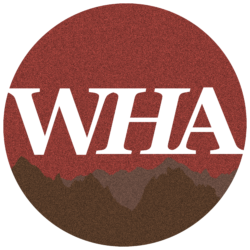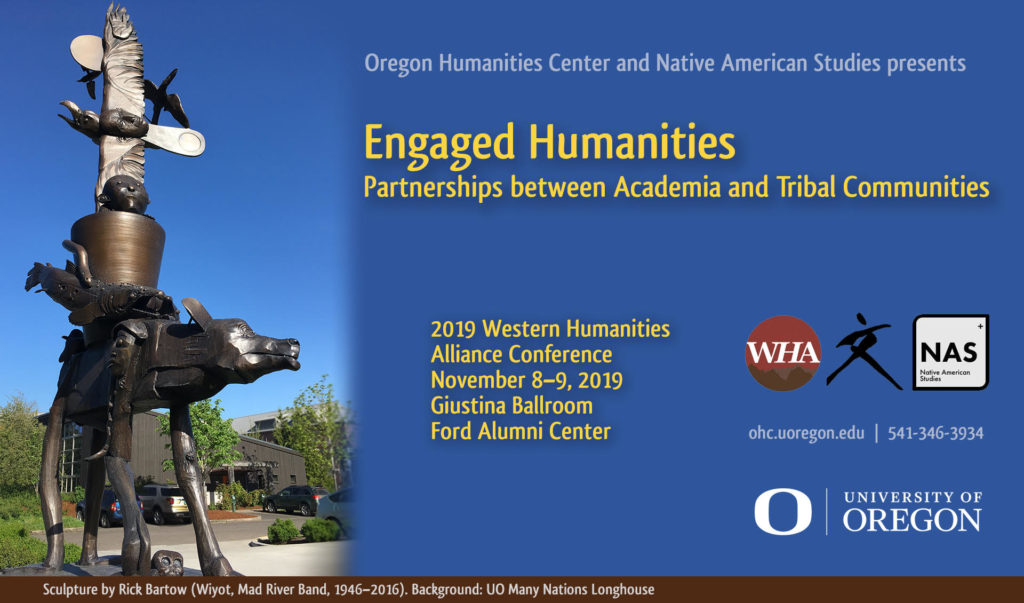Human Matters: Engaging Publics in the Humanities
July 8-11, 2020, University of British Columbia, Okanagan, Kelowna, Canada
Deadline for paper and session proposals: January 15, 2020
The humanities profess to help societies to understand themselves better and to tackle enduring questions about the human condition – and yet, scholars in the humanities often struggle to speak with broader publics about their work. The public humanities are an attempt to put engagement with publics at the heart of humanistic inquiry. This conference is an opportunity for researchers in all fields to come together to make the public humanities more visible and to discuss core questions in public-facing scholarship:
What is public scholarship? In what respects, if any, is public scholarship to be distinguished from other humanities research practices? Is it a core value of humanities research, or does it distract scholars from their vocations? Who are the publics in this kind of scholarship? How can people outside the academy contribute to and shape humanities research? How can public scholarship be recognized within academia in professional evaluation and promotion? How can public scholarship benefit the public most effectively?
‘Human Matters’ will be the annual conference of the Western Humanities Alliance, which exists to foster interdisciplinary research in western Canadian and American universities. It will also launch the Public Humanities Hub Okanagan, part of a new cross-campus initiative at UBC. The conference is intended to raise the profile of the humanities at UBC Okanagan and in the surrounding Valley. Please learn more about our keynote speakers below.
We invite proposals for the following sessions:
Panels consist of prepared papers on a chosen topic or theme, followed by a question and answer period. A complete panel must have three (3) to four (4) papers, with an option for one discussant. The chair may also serve as a discussant. Panels may propose a chair, or else make a request for the program committee to find a chair.
Roundtables/symposia consist of structured discussion of a chosen topic or theme, without any formal paper presentations. A complete roundtable must have a chair and three (3) to five (5) roundtable speakers. If necessary, the chair may also serve as a roundtable speaker.
Public-facing presentations or installations are opportunities to share your research with, and engage with, the publics during a day of public engagement during the conference in downtown Kelowna. Proposals for such presentations should clearly explain the format of such presentations and any logistical requirements. If necessary, a budget request may be submitted.
Submissions of individual papers will also be accepted.
Keynote Speakers
Jeannette Armstrong (Associate Professor, Indigenous Studies, University of British Columbia Okanagan) is an award-winning writer and activist, novelist and poet. Her writings have share the struggles of the Okanagan people with broad audiences.
Colleen Derkatch (Associate Professor, English, Ryerson University) focuses on how language motivates and shapes human activity. Applying this inquiry to health and medicine, she has analysed the use of language in scientific studies of alternative medicine, as well as the language of “wellness” and natural health.
Nick Groom (Professor, English, University of Macau) is an award-winning scholar whose interests include the connections between culture and the environment, British identity, Shakespeare, and Gothic literature. He is a regular contributor to television, radio, and literary festivals.
Dale Jamieson (Professor, Philosophy, New York University) is the author of Reason in a Dark Time: Why the Struggle to Stop Climate Change Failed–and What It Means For Our Future (Oxford, 2014), and most recently, Love in the Anthropocene (OR, 2015), a collection of short stories and essays written with the novelist, Bonnie Nadzam.
Hannah McGregor (Assistant Professor, Digital Humanities, Simon Fraser University) proposes that we can think of podcasting as a scholarly method that opens out new possibilities not just for the kinds of audience our work will reach but also for the nature of our work itself—and that it also has the potential to be a feminist method.
Henry Yu (Associate Professor, Asian Canadian and Asian Migration Studies: University of British Columbia Vancouver) is active in the collaborative effort to reimagine the history of Vancouver and of British Columbia through the lens of “Pacific Canada,” a perspective that focuses on how migrants from Asia, Europe, and other parts of the Americas engaged with each other and with First Nations peoples historically.
To Submit
Please upload the following to the conference website by January 15, 2020: https://public-humanities.ok.ubc.ca/conference/
For a roundtable, submit roundtable name, abstract, list of participants and their positions, affiliation/s, and biographical statements (50 words each).
For a panel, submit panel name, abstract for the panel, list of participants and their paper titles and abstracts for each paper (250 words). Also include each panel members’ positions, affiliation/s, and biographical statements (50 words each).
For an individual paper submission, submit your paper title and abstract (250 words), position, affiliation/s, and a biographical statement (50 words).
For a public humanities project and/or exhibition proposal, submit your project title and proposal/abstract (250 words), position, affiliation/s, a biographical statement (50 words), and a budget and/or accommodation request if relevant to your project/exhibition.
Please make sure that the biographical statement includes your current interests and/or works in the public humanities. If you are a graduate student who would like additional support for the conference (e.g. accommodation), or would like to volunteer for the conference, please indicate your interest in doing so in the conference website.


